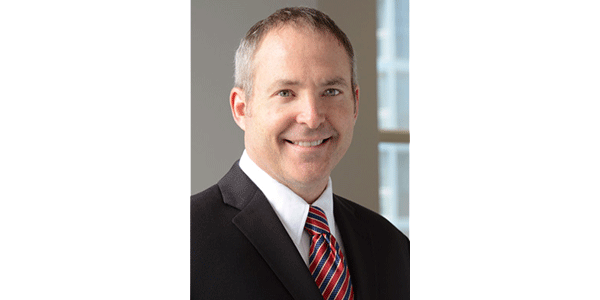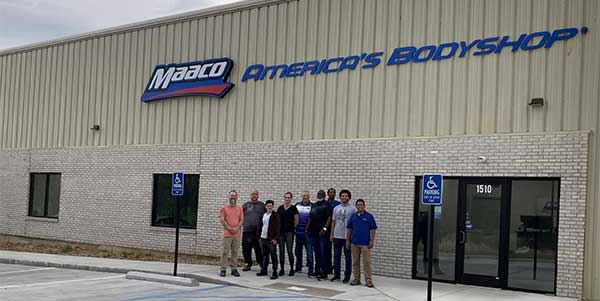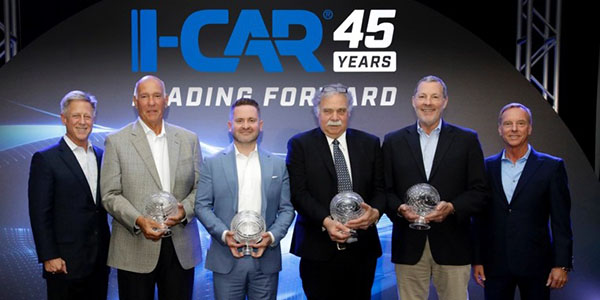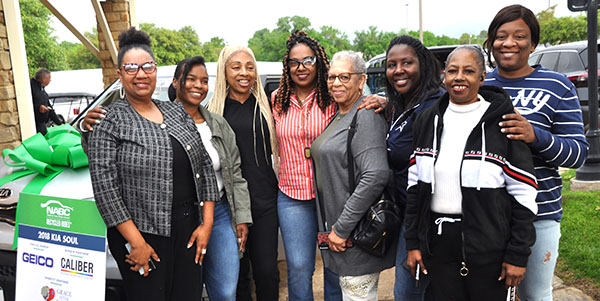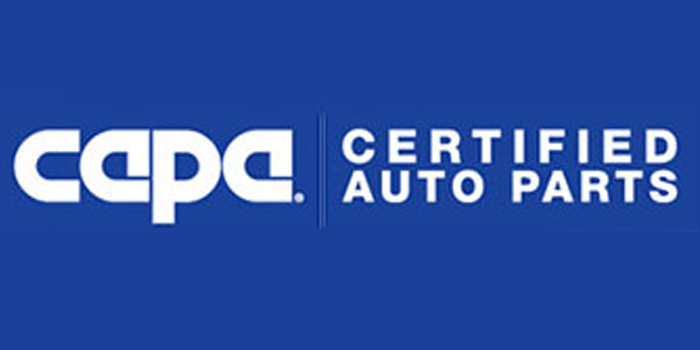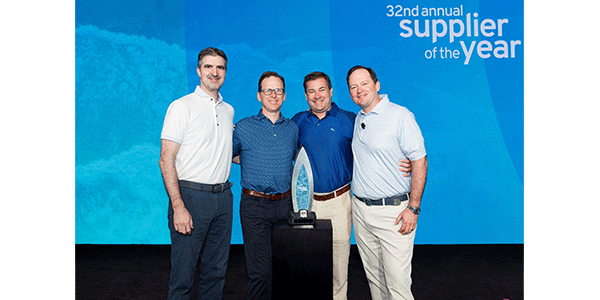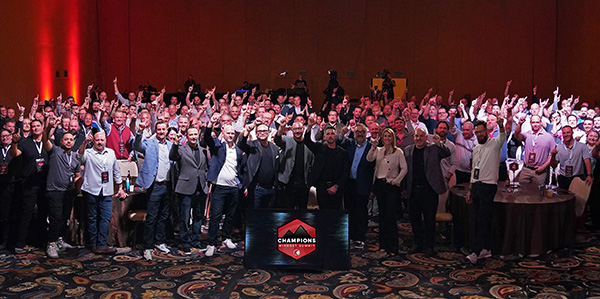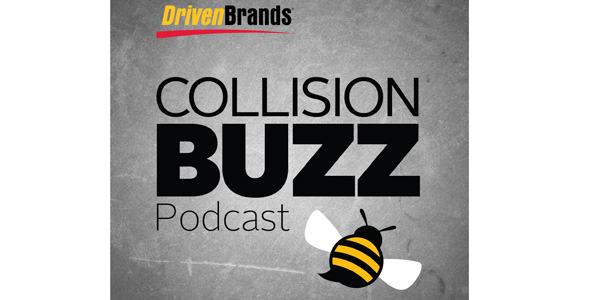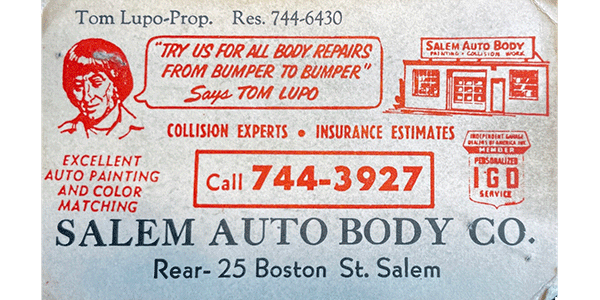The news that a Tesla driving in autopilot mode was involved in a fatal collision is evidence that federal regulators need to go slow as they write new guidelines for self-driving cars, said Consumer Watchdog.
The National Highway Traffic Safety Administration (NHTSA) was expected to issue new guidelines for self-driving cars in July, and Secretary of Transportation Anthony Foxx and NHTSA Director Mark Rosekind have publicly pressed for the rapid deployment of the technology. NHTSA should conclude its investigation into the Tesla crash and publicly release those data and findings before moving forward with its guidance, said Consumer Watchdog.
According to a blog about the accident posted on Tesla’s website: “Neither autopilot nor the driver noticed the white side of the tractor trailer against a brightly lit sky, so the brake was not applied.”
“We hope this is a wake-up call to federal regulators that we still don’t know enough about the safety of self-driving cars to be rushing them to the road,” said Carmen Balber, executive director with Consumer Watchdog. “The Administration should slow its rush to write guidelines until the causes in this crash are clear, and the manufacturers provide public evidence that self-driving cars are safe. If a car can’t tell the difference between a truck and the sky, the technology is in doubt.”
Self-driving cars in California have shown a similar inability to handle many common road situations, claims Consumer Watchdog. Under California’s self-driving car testing requirements, companies were required to file “disengagement reports” explaining when a test driver had to take control. The reports, according to Consumer Watchdog, show that the cars are not always capable of “seeing” pedestrians and cyclists, traffic lights, low-hanging branches or the proximity of parked cars. The cars also are not capable of reacting to reckless behavior of others on the road quickly enough to avoid the consequences, the reports showed.
For example, over the 15-month reporting period, a human driver was forced to take over a Google self-driving car 341 times, an average of 22.7 times a month. The cars’ technology failed 272 times and ceded control to the human driver, and the driver felt compelled to intervene and take control 69 times, states Consumer Watchdog.
Consumer Watchdog has called on NHTSA to hold a public rulemaking on self-driving cars, and to require the cars to have a steering wheel and pedals to allow a human driver to take over when the technology fails.

